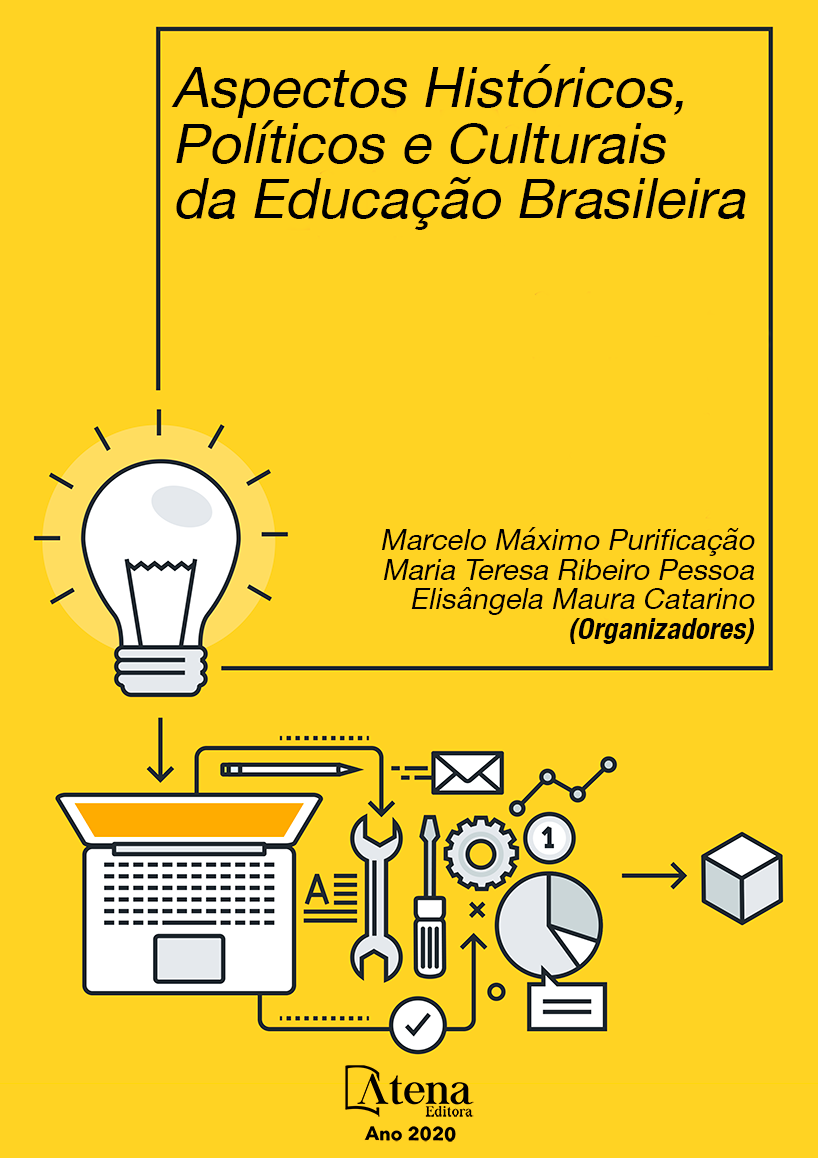
A IMPORTÂNCIA DO LETRAMENTO NO ENSINO FUNDAMENTAL: UMA ANÁLISE SOBRE UMA SEQUÊNCIA DIDÁTICA EM UMA TURMA DO 6° ANO
Este artigo é de natureza qualitativa-interpretativa, que tem como objetivo identificar e refletir sobre os principais motivos pelos quais os alunos do 6º Ano do Fundamental II, não foram letrados nos anos anteriores, já que conseguiram chegar em tal série, apresentando dificuldades em ler, escrever, interpretar e compreender simples textos. Para tanto, trazemos um relato de experiência realizada numa escola pública no município de Juarez Távora/PB, no dia 29 de Agosto de 2016, ao aplicarmos uma sequência didática na referida turma, encontramos uma problemática no processo do letramento dos alunos; Nossa pesquisa mostrou algo que tem consequências graves, pois os alunos apresentaram dificuldades para acompanhar o conteúdo abordado em sala de aula pelo professor da disciplina de português e tiveram sérias dificuldade em produzir textos. Buscamos compreender, também, como se deu a relação entre professor e aluno nos anos anteriores, se foi uma contribuição positiva ou negativa no processo de ensino-aprendizagem desses alunos. Nosso trabalho traz, ainda, uma reflexão sobre as concepções de leitura, como também, apresenta algumas diretrizes dos documentos oficiais do Ensino Fundamental que contribuem para uma melhor orientação de como os professores devem proceder na administração dos conteúdos em sala de aula. Chegamos à conclusão de que os alunos carecem de um maior acompanhamento, sobretudo no ambiente familiar, pois a formação de todo indivíduo necessita de um apoio não apenas da escola, ou do professor, mas a participação da família e outros agentes de formação, pois compreendemos que cada um tem sua parte de responsabilidade nesse processo educacional – a base de toda e qualquer sociedade.
A IMPORTÂNCIA DO LETRAMENTO NO ENSINO FUNDAMENTAL: UMA ANÁLISE SOBRE UMA SEQUÊNCIA DIDÁTICA EM UMA TURMA DO 6° ANO
-
DOI: 10.22533/at.ed.1112021076
-
Palavras-chave: Letramento. Ensino Fundamental. Documentos oficiais.
-
Keywords: Literacy. Elementary school. Official documents.
-
Abstract:
This article is qualitative-interpretative in nature, which aims to identify and reflect on the main reasons why the students of the 6th Grade of Elementary School Were not literate in previous years, since they managed to arrive in this series, presenting difficulties in reading, writing, interpreting and understanding simple texts. To this end, we bring an experience report carried out in a public school in the municipality of Juarez Távora/PB, on August 29, 2016, when we applied a didactic sequence in this class, we found a problem in the process of students' literacy; Our research showed something that has serious consequences, because the students had difficulties to follow the content addressed in the classroom by the teacher of the discipline of Portuguese and had serious difficulty in producing texts. We also sought to understand how the relationship between teacher and student occurred in previous years, whether it was a positive or negative contribution in the teaching-learning process of these students. Our work also brings a reflection on the conceptions of reading, as well as presents some guidelines of the official documents of elementary school that contribute to a better orientation of how teachers should proceed in the administration of content in the classroom. We have come to the conclusion that students need greater monitoring, especially in the family environment, because the formation of every individual needs support not only from the school, or from the teacher, but from the participation of the family and other training agents, because we understand that everyone has their share of responsibility in this educational process – the basis of any and all society.
-
Número de páginas: 15
- Hélio Rosa de Oliveira
- Rosimere dos Santos Nascimento Alves


